I am trying to push my project onto my bitbucket, been messing with this for about 4 days pouring through countless problem solving/pages/troubleshooting/tutorials. Im at a loss and very frustrated. I have done this before but on different computers...anyway here is the code/response that I'm getting
~/dev/sample_app git push -u origin --all
The authenticity of host 'bitbucket.org (131.103.20.168)' can't be established.
RSA key fingerprint is 81:7b:2c:f5:6f:18:2b:7c:4b:ec:aa:46:46:74:7c:40.
Are you sure you want to continue connecting (yes/no)?
Host key verification failed.
fatal: Could not read from remote repository.
Please make sure you have the correct access rights
and the repository exists.
~/dev/sample_app
I am on a mac running 10.8.4.
So a little progress has been made, initially there was no .ssh folder so I created that way back in the beginning, there was no known_hosts file so I ran
ssh -T git@bitbucket.org
I chose yes and this created a known_hosts file and when I tried to push again I got:
~/dev/sample_app git push -u origin --all
Permission denied (publickey).
fatal: Could not read from remote repository.
Please make sure you have the correct access rights
and the repository exists.
My .ssh folder is 700 and the keys inside are all 600.


